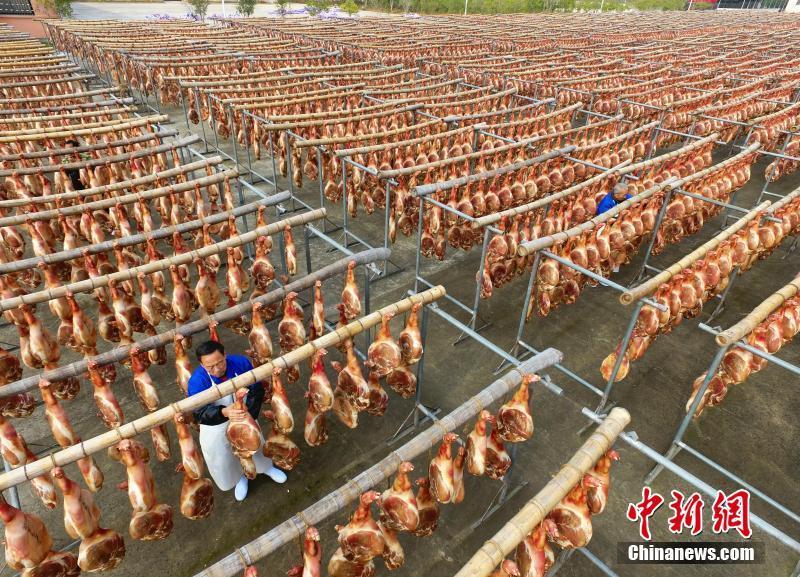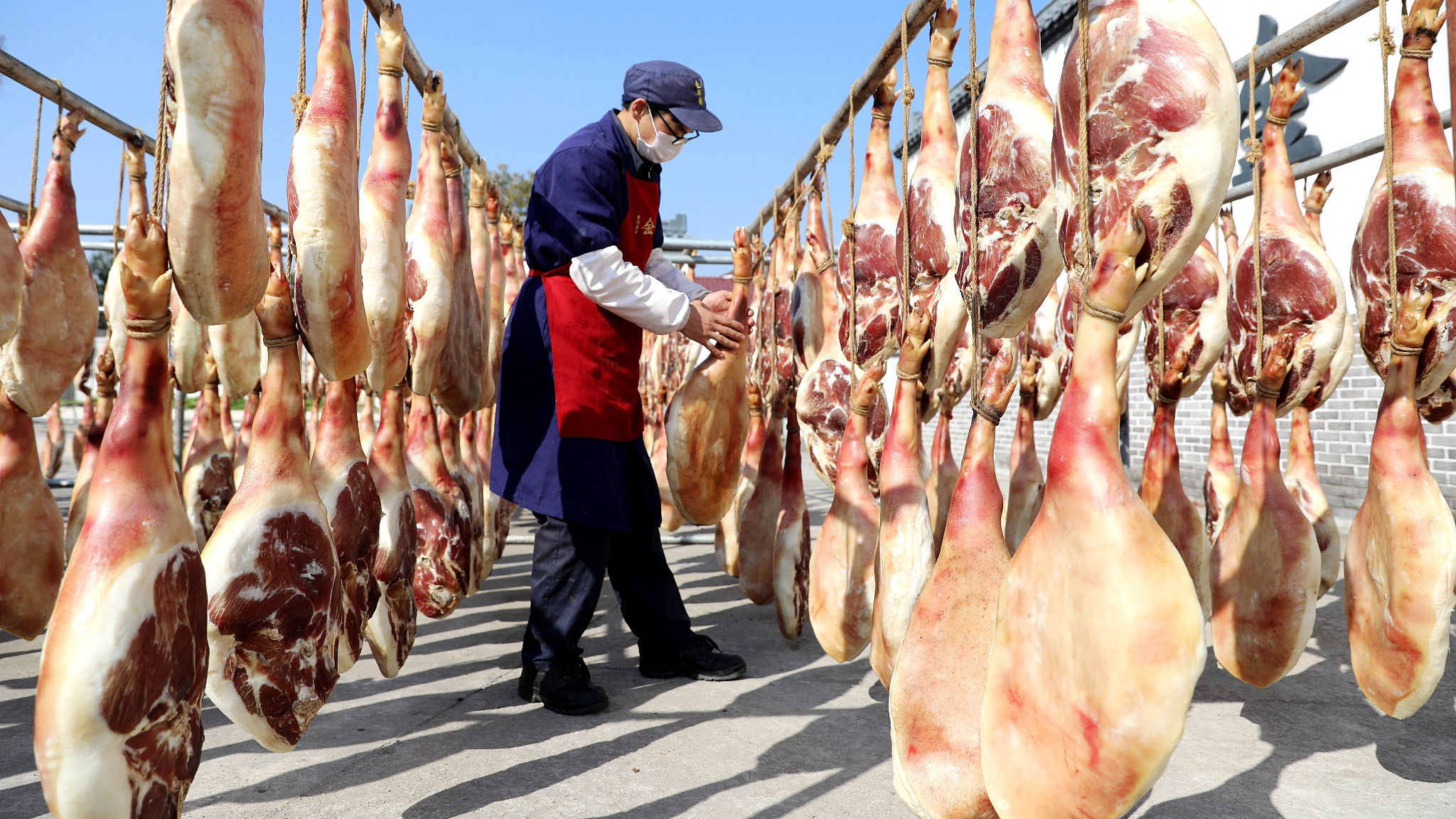


The outbreak of African swine fever has killed up to half of China’s hog herd since August 2018 and pushed prices so high that Chinese importers are willing to pay hefty tariffs that Beijing imposed on U.S.

However, Arnold Silver, Smithfield’s director of raw materials procurement, said at a recent industry conference that sales to China could eventually create bacon and ham shortages for American consumers. WH Group, known as Shuanghui International Holdings when it bought Smithfield Foods, did not respond to a request for comment. Other Smithfield Foods plants in the United States have continued to slaughter pigs for the home market, industry sources said. The company previously said it was upgrading the facility, without giving details, and that U.S. Smithfield Foods declined to comment on the change or allow a reporter to visit the Virginia plant, which slaughters about 10,000 pigs a day. “They got an order to fill: China,” said one plant worker, who asked to remain anonymous. Since late spring, pigs trucked to the plant have been slaughtered and sliced into thirds for shipment to China, where Chinese workers process the carcasses further, company employees and industry sources told Reuters. The world’s biggest pork processor operates a white, box-shaped meat plant in Smithfield, Virginia, home to 8,000 as well as the company’s headquarters and a wider tourist economy built on its famous hams, bacon and sausages. processing operations to direct meat to China, which produced half the world's pork before swine fever decimated the industry. The transformation at the Smithfield, Virginia, plant shows how the global meat industry is adapting to profit from African swine fever, a fatal pig disease that has killed millions of hogs in China and turned the world’s top pork consumer into a major meat importer.īought by China's WH Group Ltd 0288.HK six years ago for $4.7 billion, Smithfield Foods has retooled U.S. FILE PHOTO: A truck arrives at Smithfield Foods' pork plant in Smithfield, Virginia, U.S.


 0 kommentar(er)
0 kommentar(er)
